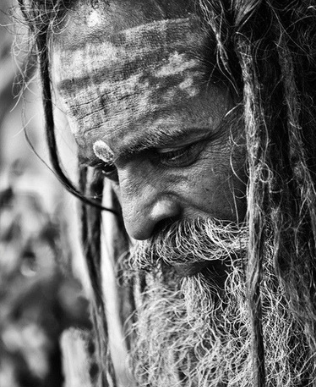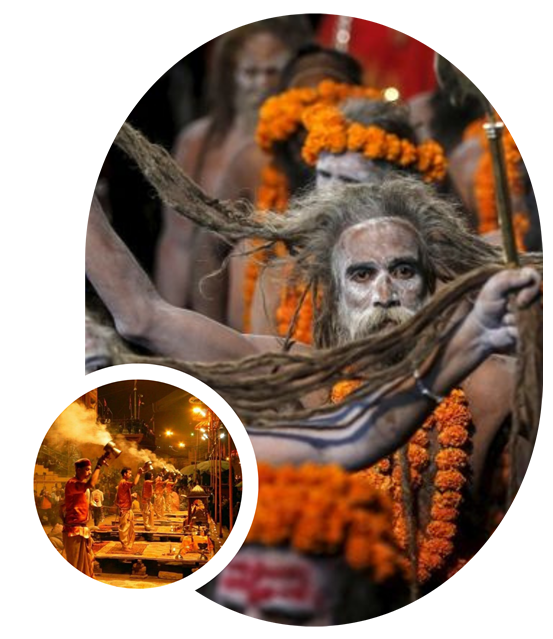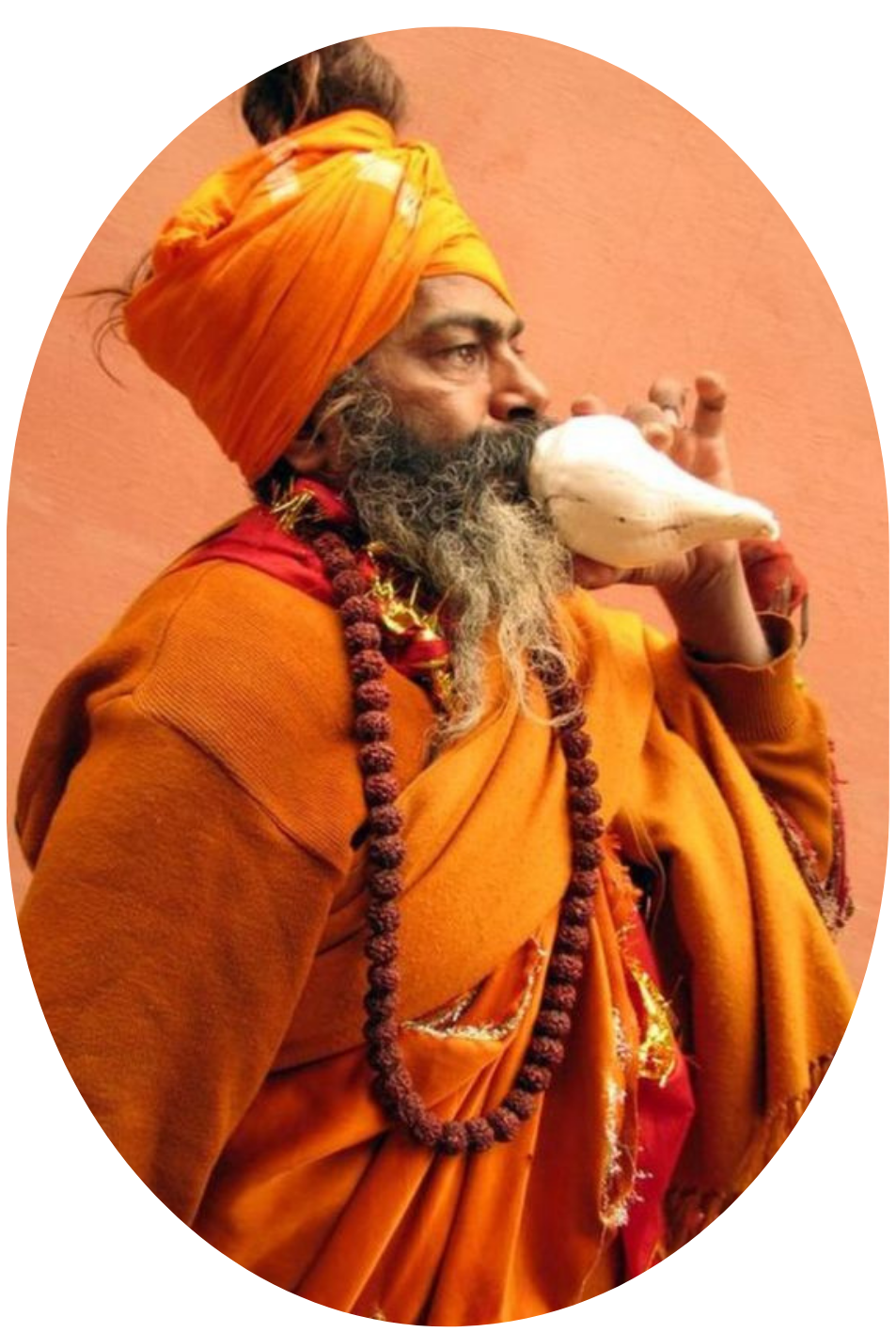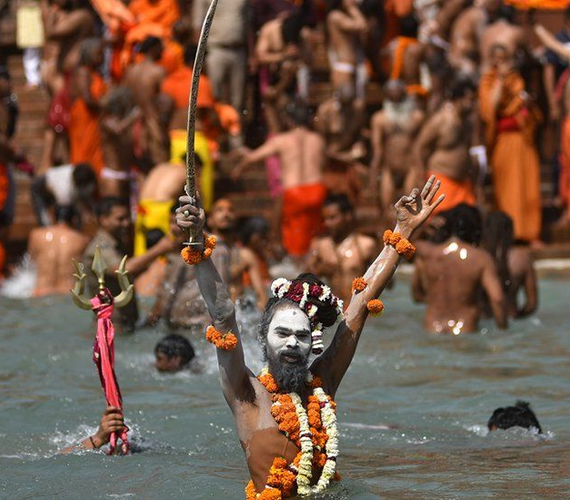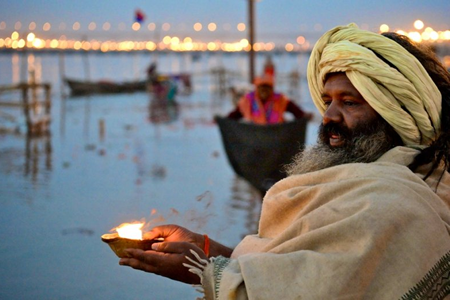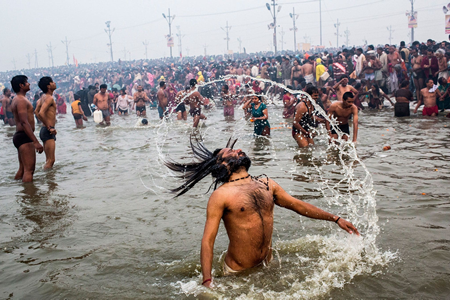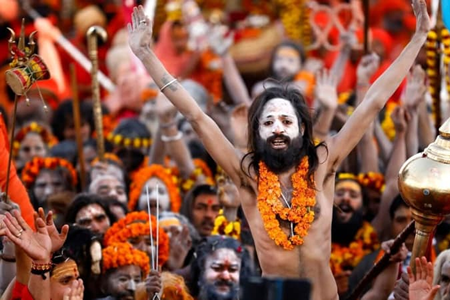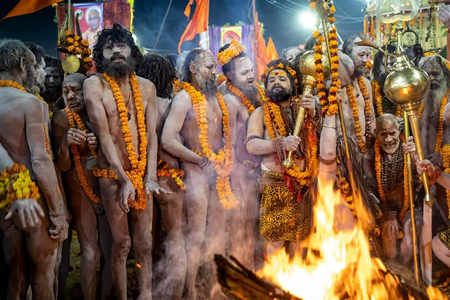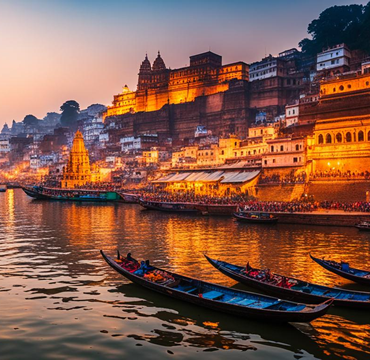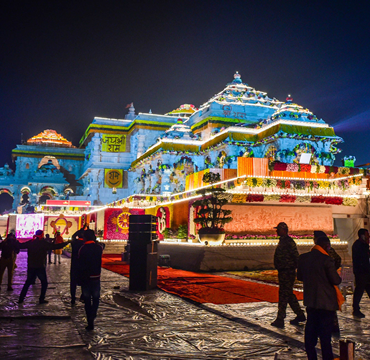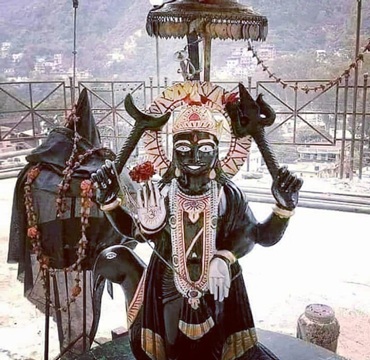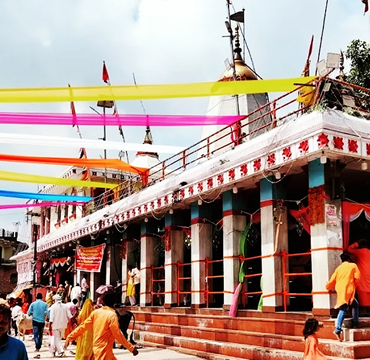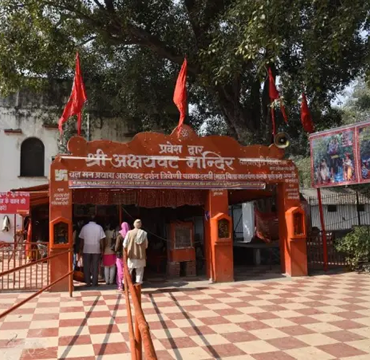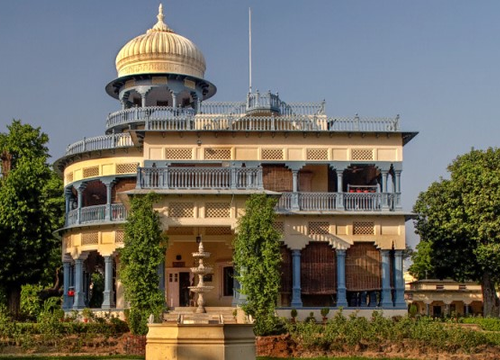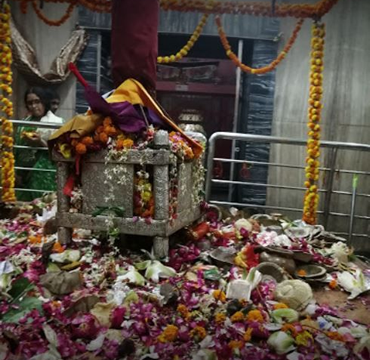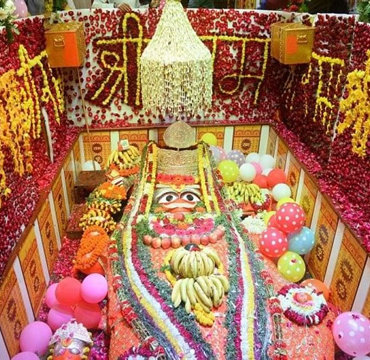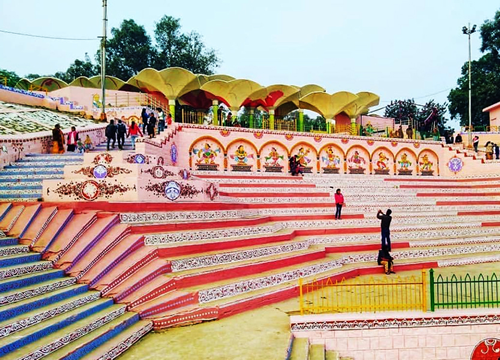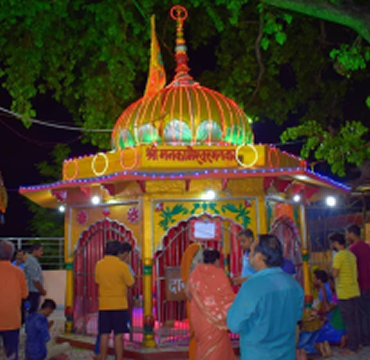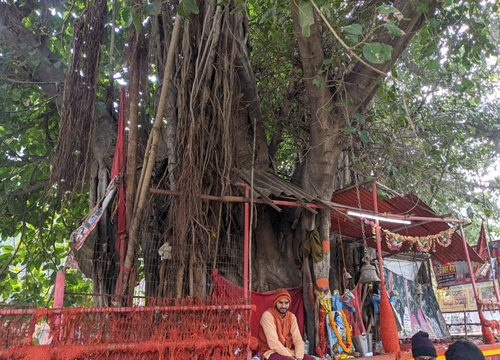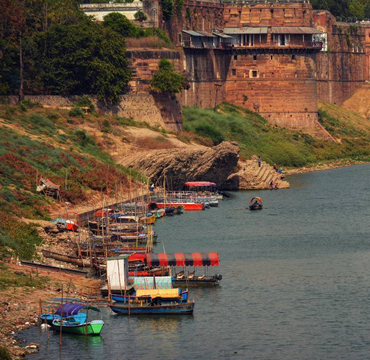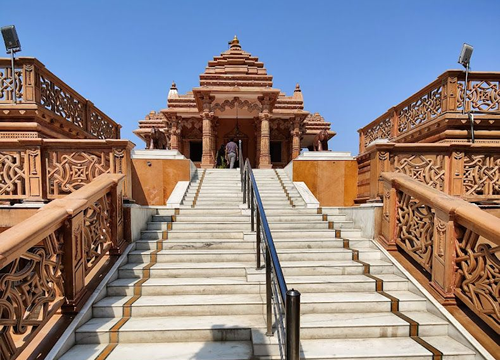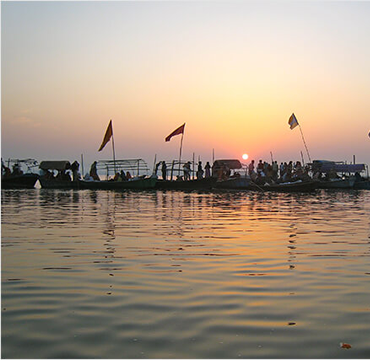Importance of Bathing at the Maha Kumbh Mela:
- Spiritual Purification: Hindus believe that bathing in the sacred rivers (Ganga, Yamuna, and the mythical Saraswati) during the auspicious time of Kumbh Mela cleanses one of their sins (papas) accumulated over lifetimes. It is an act of devotion and repentance, seeking both forgiveness and spiritual purity.
- Moksha (Liberation): According to Hindu belief, those who bathe in the holy rivers during the Maha Kumbh Mela are on the path to attaining moksha, the ultimate liberation from the cycle of birth, death, and rebirth. The spiritual cleansing during Kumbh is seen as a way to break free from the karmic cycle.
- Auspicious Alignment of Planets:The timing of the Kumbh Mela is based on astrological alignments, particularly when Jupiter enters Aquarius and the Sun enters Aries. These celestial conditions are considered highly auspicious for spiritual activities. Bathing in the rivers during this alignment is believed to magnify spiritual benefits
- Mythological Significance: The legend of Kumbh is tied to the Samudra Manthan (the churning of the ocean of milk), during which drops of the nectar of immortality (amrit) fell in the four locations where the Kumbh Mela is held. Bathing at these spots during the Mela is considered akin to receiving a portion of this divine nectar, leading to eternal blessings.
- Unity and Equality: The act of mass bathing during the Kumbh symbolizes the unity of humanity, as people from all walks of life, regardless of social status, caste, or gender, come together to perform the same ritual. It reflects the egalitarian and inclusive nature of Hinduism.
- Renewal of Faith: For millions of devotees, bathing in the sacred rivers during the Kumbh Mela is a way to reaffirm their faith and devotion to their deities, gurus, and spiritual practices. It’s a deeply emotional and communal experience that strengthens one’s connection to their religion.
